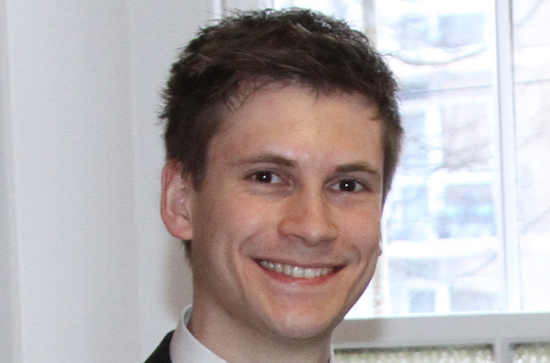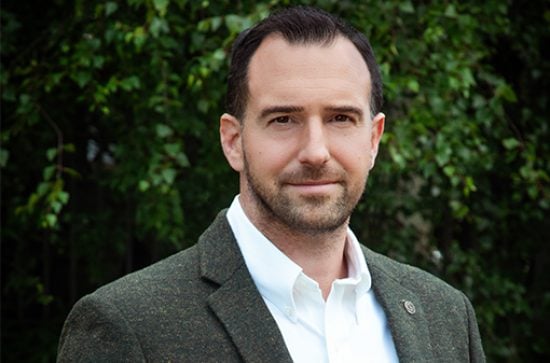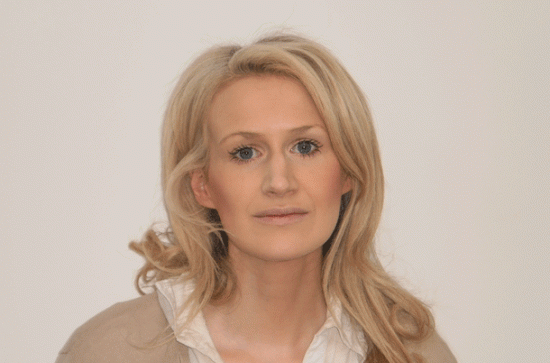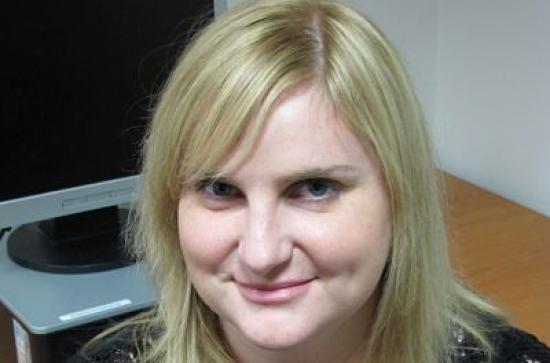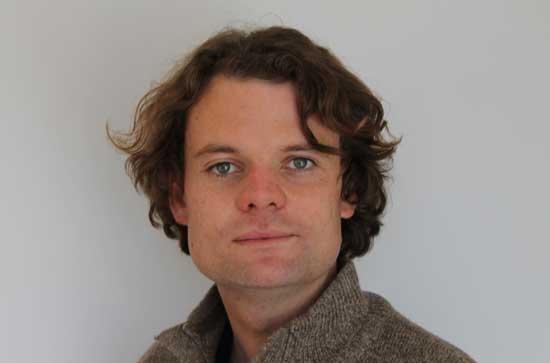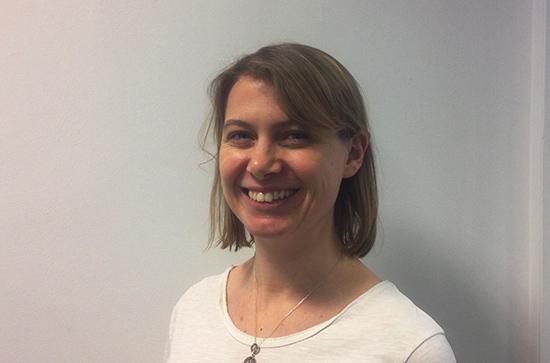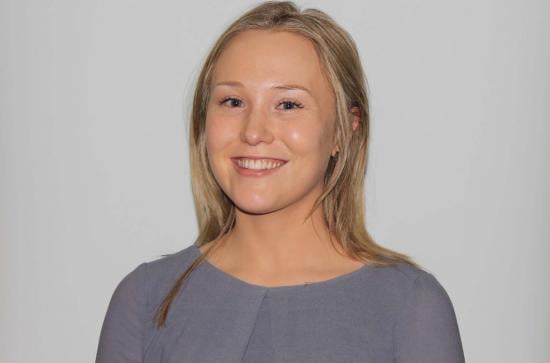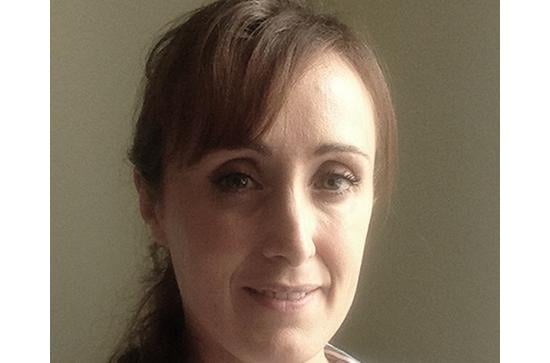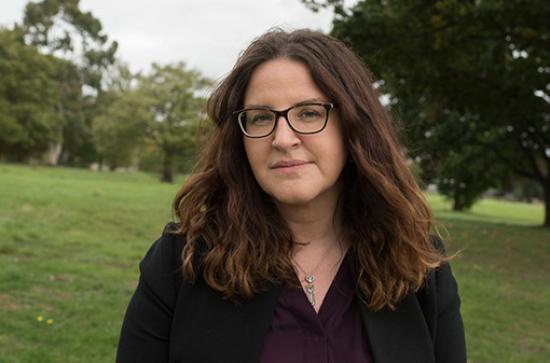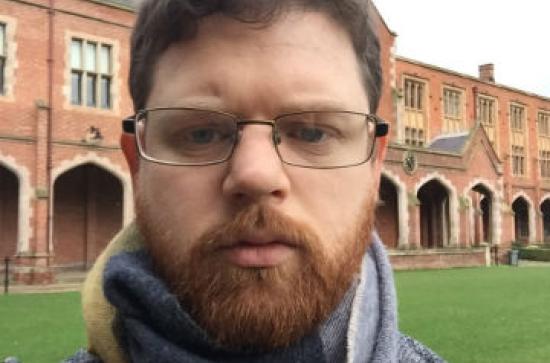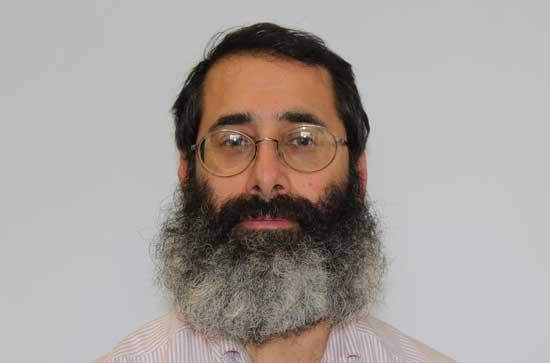Qualification : MASTER OF ARTS DEGREE
Award Type and NFQ level : TAUGHT MASTERS (9)
CAO/MU Apply code : MH66J
CAO Points :
Closing Date : 30 June 2025
Criminology can be described as the study of crime, people who commit crime, and the criminal justice system. The MA in Comparative Criminology and Criminal Justice gives students the opportunity to develop a specialist knowledge of debates around crime causation and control, within a comparative and international context. Students undertake a wide variety of modules which aim to combine theoretical concepts with real-world problems such as surveillance, policing and youth crime.
As a student in Maynooth you will be part of our vibrant community of students and scholars working in the fields of criminology and criminal justice. Our expert academic team, drawing on their extensive research and professional experience, deliver an interdisciplinary programme with a strong emphasis on enhanced research skills. These skills are highly sought-after by employers in the area.
Teaching is delivered by means of small class lectures, in-class simulations, workshops and master classes. In addition to the modules, the School works with leading academics and practitioners who provide seminars in various aspects of criminology and criminal justice throughout the academic year.
There is a strong focus on employability throughout the programme. We also offer students the opportunity to apply for our Postgraduate Placement module, which gives successful applicants the chance to work part-time for one semester at one of our partner organisations. We have partnerships with a broad range of organisations across the public and private sector, including the Irish Council for Civil Liberties, the Irish Penal Reform Trust, Forsa, PrivacyEngine, and Alcohol Action Ireland.
What our graduates say:
I chose this MA as I had always been interested in the area of criminal justice. Coming from a legal background, this MA was essential for my career in the system. I gained confidence in public speaking and learned research skills which were vital for completing the dissertation. I found the MA aligned with my values and I met with like-minded people who I still have in my life now. Having a Criminology School which prioritises good relationships with students makes the process more manageable for all involved. The MA was foundational for my career and I cannot recommend it enough. Sadhbh McGarry, Resettlement Coordinator, IASIO
Class of 2022/23.
The minimum entry requirement for this programme is a 2:2 overall classification in a Level 8 undergraduate degree. This degree must be in law or a cognate discipline in the humanities, or social/political sciences (including but not limited to criminology business, finance, economics, international relations, sociology, etc).
Applicants from certain non-EU countries are required to meet different minimum entrance criteria, which can be found here.
The International Office will be able to advise international applications on the compatibility of their degree with these criteria [email protected].
Applicants who are required to demonstrate English language proficiency can find the minimum required scores in a variety of accepted tests here.
Meeting the minimum entry requirements does not guarantee an offer of entry onto this programme. Decisions on admission to the programme are at the discretion of the Admission Committee.
Applications by applicants with other types of diplomas or who do not reach this minimum level of qualifications will be determined by the Admissions Committee in line with the Universitys policy on recognition of prior experiential learning, which can be accessed here.
Applications are reviewed on a rolling basis.

Academic
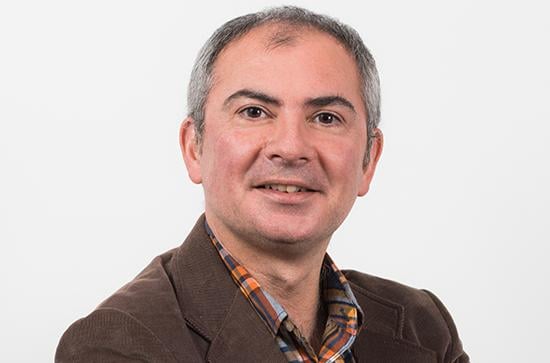
Academic

Academic

Academic
Department of Law
Department of Jean Monnet Chair in EU Law and Fundamental Rights
Department of Centre for European and Eurasian Studies
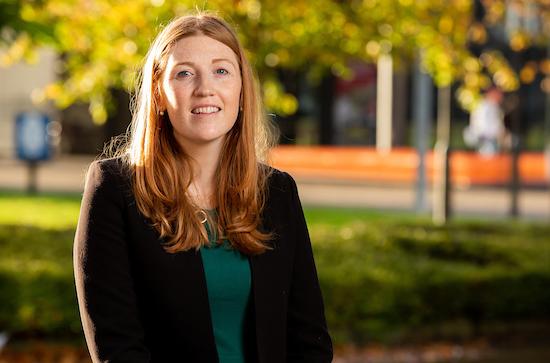
Academic
The Comparative Criminology and Criminal Justice programme allows student to choose from a range of criminological modules.
Students must complete 90 credits in total 40 credits from the optional modules, plus the compulsory modules Research Methods in Criminology (10 credits) and Comparative Criminology (10 credits). Students must also complete the compulsory Professional Development (5 credits) and Dissertation (25 credits) modules.
Students should register for 20 credits of optional modules in each semester.
Not all modules offered will run every year: offerings are dependent upon demand and other potential constraints. Please note that some modules will have prerequisites attached to them.
Students can elect to graduate with a Postgraduate Diploma instead of an MA, if they find that they are unable to complete the dissertation.
Course Duration: 1 year full time.
Online application only. To make an application please click here.
To apply for your chosen postgraduate study at Maynooth University, please ensure you have the following documents to make an application:
- Evidence of your primary degree
- Academic transcripts
- A copy of your passport
- A personal statement
- An academic letter of recommendation (Non-MU students only)
Applicants for whom English is not their first language are required to demonstrate their proficiency in English in order to benefit fully from their course of study. For information about English language tests accepted and required scores, please see here. The requirements specified are applicable for both EU and International applicants







